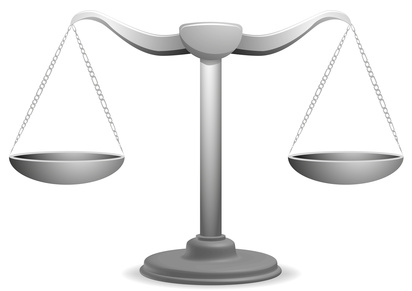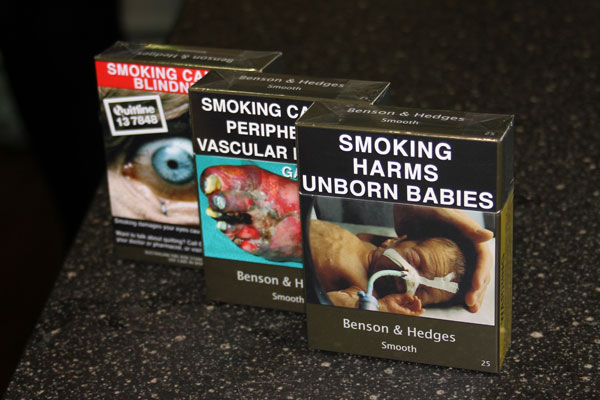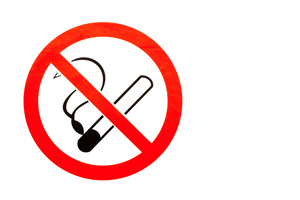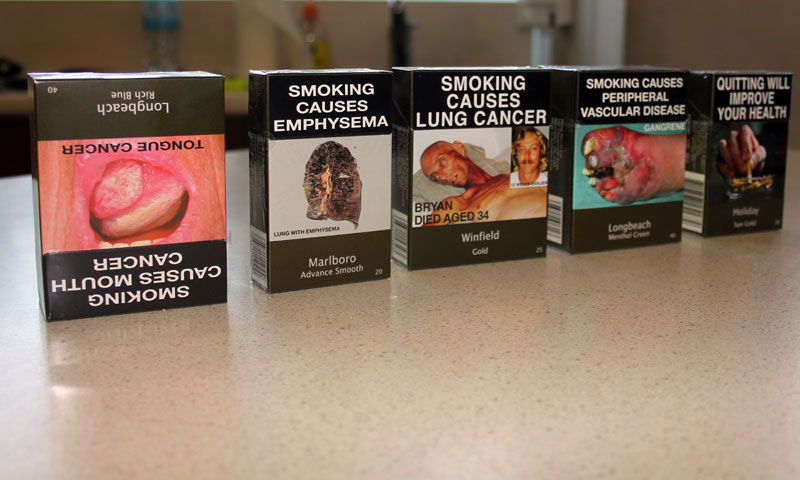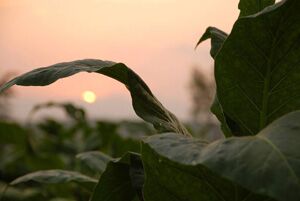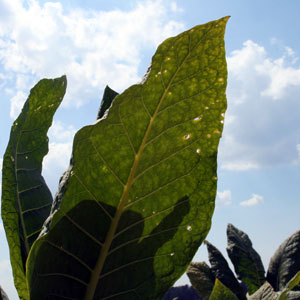The head of the Australian Drug Law Reform Foundation has told a federal parliamentary committee that the country’s policy on e-liquids must change, according to an Australian Associated Press story.
Electronic cigarettes are licit products in Australia but the sale and possession of the nicotine used in them is illegal.
Dr. Alex Wodak, a retired doctor, cited a major study by a public health agency in England that found electronic cigarettes were about 95 percent safer than were combustible cigarettes.
Australia should facilitate easy access to a diverse range of products, such as flavoured nicotine liquids, that would appeal to smokers who wanted to quit, he said.
“It’s very important, in harm reduction and public health generally, to have your intervention [be] attractive to the people most at risk,” he said.
“I think having a vibrant vaping community network, through the distribution of vaping shops, is very important from a public health perspective.”
Meanwhile, Colin Mendelsohn, an associate professor in the School of Public Health and Community Medicine at the University of NSW, said Australia’s policy focus on abstinence when it came to smoking was naive in the face of another option: harm minimisation.
“The reality is that many smokers are unable or unwilling to quit,” said Mendelsohn, who is a GP and tobacco treatment specialist helping smokers to quit. “We can’t just sacrifice them.”
The committing is hearing from experts about how the health risks of electronic cigarettes and combustible products compare, and how such products should be regulated.
The AAP story is at: http://www.sbs.com.au/news/article/2017/07/12/doctors-plead-e-cigarette-reforms.


